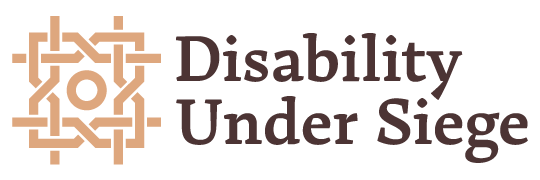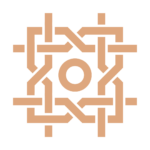Art Advocacy: Youth Views of Disability

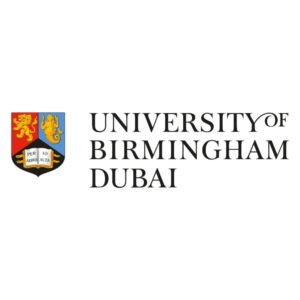
The Team
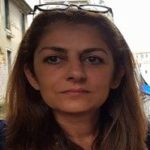
Mayada Al-Natour
Associate Professor at the University of Jordan

Mayada Al-Natour
Associate Professor at the University of Jordan
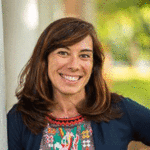
Sarah Benson
Inclusion and Special Education Needs, University of Birmingham, Dubai

Sarah Benson
Inclusion and Special Education Needs, University of Birmingham, Dubai
Project Outline
In accordance with global and national calls Jordan’s government has been heavily investing in projects to promote inclusivity. A small pilot project in Jordan with non-disabled students has shown there is still a prevalent narrative of disability that excludes and ‘others’ disabled persons. To counter this view this project will bring disabled and non-disabled youth together through conversation and art.
Students with disabilities will engage in a week of photovoice activities documenting their lived experience, while students without disabilities will share their understanding of disability through a workshop. The two groups will then come together in conversation to share and disrupt the current narrative surrounding disability in Jordan.
This research will answer the following questions;
- What is the lived experience of youth with intellectual, physical and learning disabilities in Jordan?
- How do non-disabled youth define and understand disability in their communities?
- How can dialogue between youth with disabilities and their peers alter perceptions and increase acceptance?
The information gained through this project will be disseminated through a multimedia art show to create conversation in the larger Amman community and among education policy makers, with youth being the leading advocates.
Project Objectives
The aim of this project is to give a platform to youth with disabilities in Amman to share their stories while disrupting the assigned labels youth without disabilities and adults often attribute to them. Interdisciplinary methods of data collection that foreground the experiences of disabled youth will drive this research and the broader public conversation.
Pilot studies conducted by the co-investigators demonstrated that non-disabled youth frame individuals with disabilities as helpless, sick and objects of pity. In order to make meaningful attitude changes we aim to bring together disabled and non-disabled youth in a structured conversation. This will be guided by narratives collected through the photovoice project and in-school workshop.
The cumulative results of the photovoice project, workshops and focus-group conversation will be curated in a public art show. Our hope is that the exhibition will have a broad impact on the attitudes and beliefs of the community using the words of both disabled and non-disabled youth to create a mirror of larger societal norms. The art exhibition will be created with the students to highlight both physical and social barriers to inclusion in their communities.
We believe this project is squarely in line with the Disability Under Siege Network’s broader aims and objectives. Through a global partnership that marshals the resources of the University of Birmingham’s new Dubai campus and creates a network with Jordanian academics and organizations this project will contribute to new research methodologies and create transformational opportunities for people with disabilities. More than just impact in academia, this research aims to open a broader conversation between disabled, non-disabled youth and their communities. Utilizing Jordanian based artists and galleries we will create an impactful exhibit to disrupt the narrative about disabilities in Jordan.
Given the existing artist communities already developed by the Disability Under Siege Network in Palestine and Lebanon the process and methodology developed by this project can contribute to future work in multiple regional locations.
